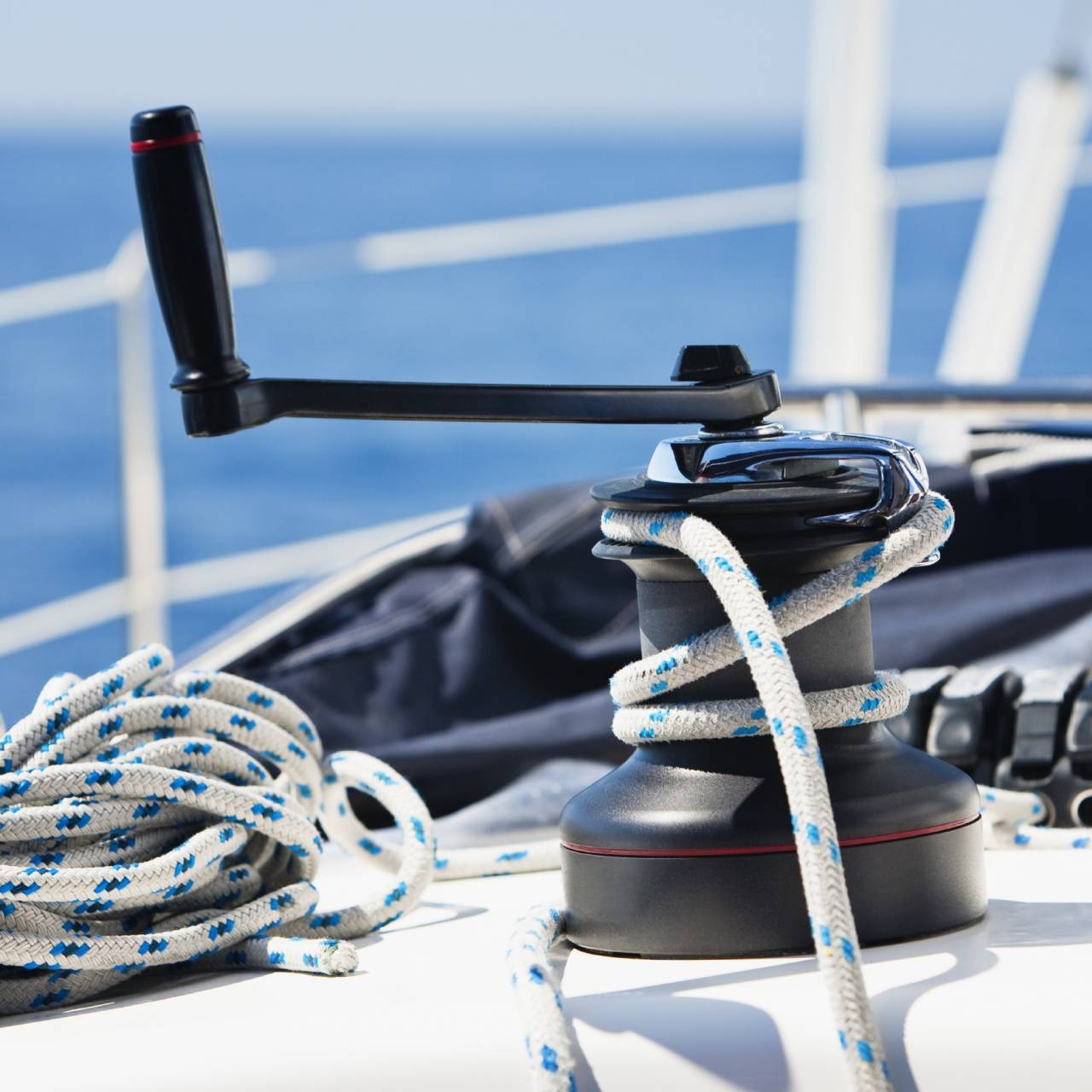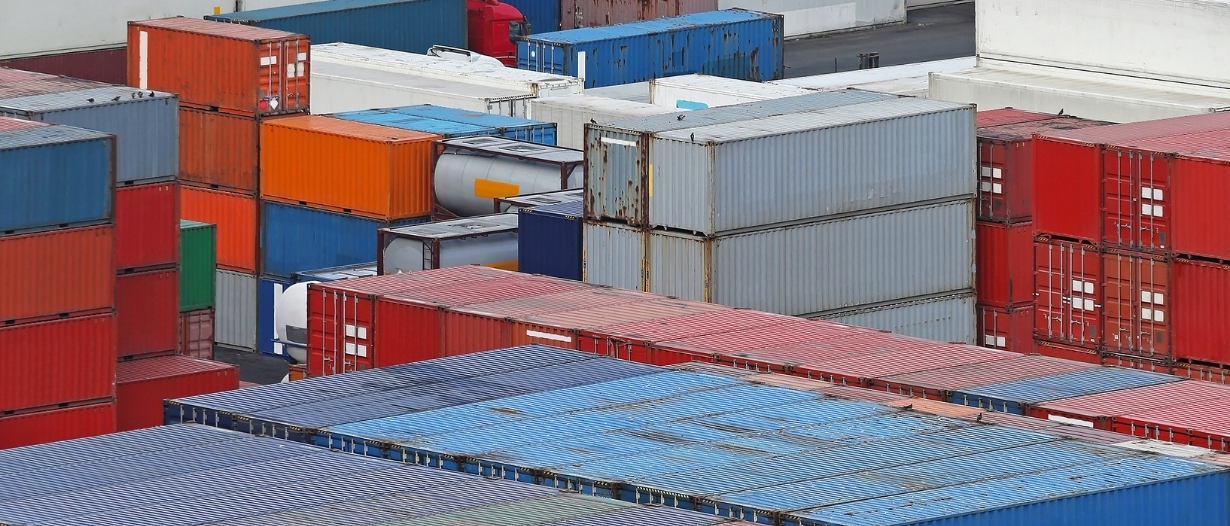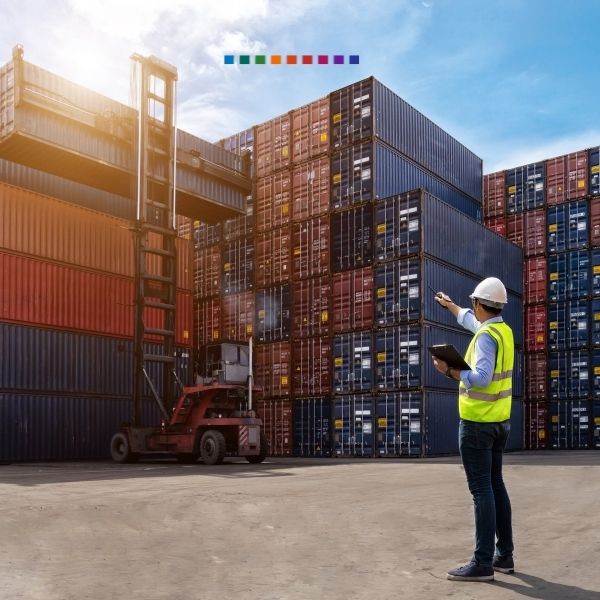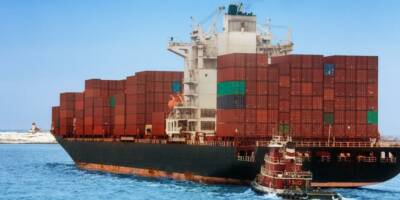
Traders often encounter unexpected charges while importing or exporting their respective goods. When it comes to shipping, a common unexpected cost can come from demurrage.
What is demurrage?
Demurrage is a result of a failure to abide by the rules agreed to in a charter agreement. Specifically, it is when a charge is payable to the owner of a chartered ship on the failure to load or discharge the ship within an agreed time period.
There are a set number of ‘free’ days for importers and exporters to time to get goods in and out of ports and the logistics involved in this.
The charges will be per day, will be paid to the shipping company and will be specified in the contract with your shipping company.
On top of rising freight costs, these extra charges can affect the profitability of your trade. Therefore it’s important to understand what demurrage is to help maintain profitability in your trade transaction.
Demurrage for importers
This will be the time period from container arrival at the port terminal from the ship through to release of the container from the port terminal. The demurrage charge will be if the container remains in port after the free days.
Demurrage for exporters:
This will be the time container arrives at the port for export, until the container is loaded onto the ship. The demurrage charge will be if the container remains in the port terminal after the free days.
Demurrage charges are put in place to incentivize importers to move goods through and pick up goods from the port sooner, and exporters to not bring goods to the port too early.
Having a hold up of goods in containers means that the containers can’t be used by the shipping company, therefore shippers are losing potential revenue streams.
It’s important to note that shippers make the majority of their revenue from moving freight, not from these charges.
Calculate your costs
To calculate the cost of demurrage on a particular shipment, check out this demurrage and detention calculator. Simply enter the details of your shipment, the estimated discharge date, and the estimated truck gate-out day, and the calculator will let you know what your charges should be.
How to prevent demurrage charges
- Understand shipping contract: Understand and negotiate contracts with the shipper. Look through the charges and make sure you will be able to meet the terms. If you’re expecting delays, attempt to ask for extra free days.
- Understand contract with buyer and seller: In your contract with the importer or exporter, you should understand what roles and responsibilities you have in the shipment of goods. If you need help with terms in the commercial trade contract, go to our incoterms page to help.
- Pre-clear customs: Understand the customs clearance process and port regulations, and provide the correct documentation to smoothen the process.
- Reliability of land courier: Investigate your land couriers’ rates and reliability, keeping in mind loading and unloading times and that of comeptitors.
- Have a backup: Have a backup land courier for the movement of goods and containers. Investigate whether other ports (with less congestion) are available if demurrage is the issue. Or if the detention is a concern, check availability of space availability at container drop-off points.
- Consider using SOCs rather than COCs: Using carrier-owned containers (COC) is a convenient way to transport shipments of goods around the world. However, they open you up to the possibility of extra charges if the exact terms are not carried out. Shipper-owned containers (SOC), while requiring an initial investment in the container itself, can reduce long-term additional charges and make budgeting easier. You don’t have to worry about paying late fees when you just buy the book.
Latest Incoterms insights
Similar charges and fees
Demurrage is often confused with Detention. Detention is a charge for not returning the empty container, when the container is being used in transport outside of the port terminal, to the nominated port or container yard after the ‘free days’.
This is the time when the container is outside the terminal and unusable by the shipper.
On the other hand, then, demurrage is related to the time the container is inside the port terminal.
Detention for importers
During the period that the importer has picked up the full container from the port terminal and returns the empty container to the shipper’s specified point. The charges will be based on how many days are over the free days.
Detention for exporter
The time period from the pick-up of the empty container until the full container is at the terminal. The charges will be based on how many days are over the free days.
We’ve put together an in-depth guide on the difference between detention and demurrage here.
Why is demurrage important now?
Post-pandemic demurrage and detention charges have increased.
Container-xChange found that in from 2020-2021 the average demurrage and detention charges reached were up 104% for two-week fines at the top-20 largest world ports.
Shipping companies are charging higher detention and demurrage at ports, in an attempt to free up containers for other ports with fewer delays.
There are delays for ships waiting to unload containers into ports, congestion at terminals, and delays for land couriers.
Delays causing charges experienced over the period 2020-2021 are pandemic, which has been exacerbated by an excess demand for imports and exports as pandemic restrictions have eased.
Labor shortages, through quarantine/public health rules, reduce the volume of containers ports are able to load-unload and clear through customs. This port congestion prolongs the time of containers port leading to demurrage charges. This also leads to a lack of containers available for ships to use.
Common causes of delay
Common causes:
- Issues with customs clearance. For example, delays may be caused by incorrect documentation.
- Port strikes that lead to labour shortages.
- Port congestion causes delays in processing and moving containers.
- Weather conditions affecting the functioning of the port.
It’s important to stay vigilant of these factors to save unforeseen costs.
What are demurrage rates?
Demurrage rates are the fee (generally a per container per day fee) that shipping lines charge on containers that are left in the port yard for too long before being collected.
How long does it take before demurrage charges are applied?
Demurrage will only be applied after a set number of free days have elapsed. Each port facility has its own standards for the number of free days that are allocated and this figure is negotiable on a contractual basis. Generally, it is anywhere between 3 and 7 days.
Who has to pay demurrage?
Demurrage is paid by the importer or exporter to the shipping line. Whether it is the importer or exporter paying will depend on whether the fee is charged at the beginning or end of the shipping journey.
How much is demurrage per day?
Demurrage charges vary as they are determined by the carrier, the terminal, and the contract.
It is usual for the charges to be anywhere between $75 and $300 per container per day; however, after a few days, the charges can become more significant.
For example, if a shipment of 10 containers is left for just 5 extra days, the total fee would amount to $3750.
What are the reasons for demurrage?
There are many possible reasons for demurrage to be charged. Among others, this long list can include:
Delays due to incorrect documentation
Collecting goods from the port requires the consignee to have the correct documentation. If they have incorrect documents they will not be prepared for customs clearance. This will cause them to will miss pickup and ultimately be charged demurrage.
Delays due to late receipt of documents
Occasionally, the consignee does not have the documentation in time to clear customs and collect their goods. This will lead to the goods being in port longer and demurrage being charged.
Delays due to loss of documents
As with all other document errors, losing documents will hinder a consignee’s ability to collect their goods from the port in time, which will ultimately lead to demurrage charges.
Delays due to customs clearance or cargo inspection
Even when all of the documentation is in order, goods may still be delayed passing through customs for any number of reasons. These delays, even if no fault of the shipper or consignee, will still lead to demurrage being charged.
Delays due to receiver being unreachable
Demurrage can be charged when the consignee (the person who is responsible for receiving the goods) is not able to be reached. This can lead to the goods remaining in the port for longer than their agreed free days and ultimately the port charging demurrage.
An example of this is when a charter agreement specifies that the time for loading is a 24 hour specific time slot. However, due to the ship being understaffed and loading being delayed by weather and other unforeseen events it means that the loading takes 40 hours. This would mean that the shipper is liable to pay penalty costs in relation to the shipment.
– John B, Metals Trader.

Metals Distributor
We were new to the import and export trade; especially trade finance. However, we had substantial orders and were importing machinery to Vietnam from Turkey. Trade Finance Global along with their partners helped us to understand when goods could be financed; what purchase orders were viable, the delivery mechanisms along with any demurrage penalties or other potential unforeseen costs.
Freight Forwarding Hub
1 | Introduction to Freight Forwarding
2 | Air Freight
3 | Bill of Lading (BL)
4 | Container Shipping
5 | Demurrage
6 | Import General Manifest (IGM) and a Bill of Entry
7 | Full Container Loads vs Less than Container Loads
8 | Inbound Logistics
9 | Container Freight Stations
10 | Container Yards (CY)
11 | Ocean Freight
12 | Reefer Containers
13 | Telex Releases
14 | IGST, SGST and CGST
15 | Marine Insurance
16 | DSV Tracking
17 | Port and Starboard
18 | Air Cargo Manifest
19 | Shipping Management Software
 Australia
Australia Hong Kong
Hong Kong Japan
Japan Singapore
Singapore United Arab Emirates
United Arab Emirates United States
United States France
France Germany
Germany Ireland
Ireland Netherlands
Netherlands United Kingdom
United Kingdom





























